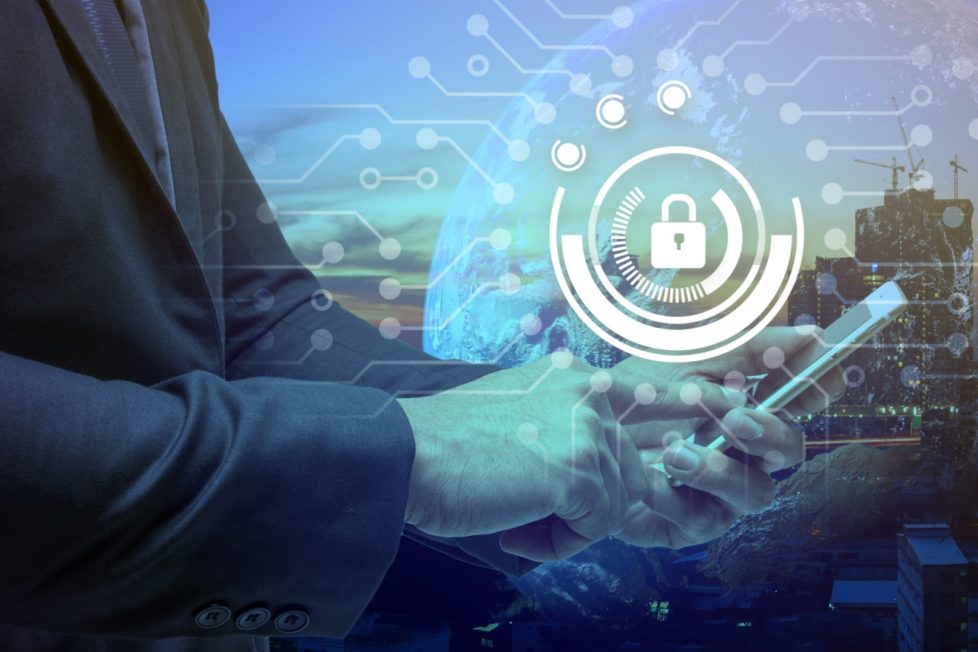How to Keep Hackers Away: An In-Depth Guide on Email Safety


Nearly 50% of adults in the United States have had their personal information exposed to online hackers.
With email accounts getting hacked into, people have access to sensitive information that isn’t theirs.
Luckily, there are a couple of things you can do to help keep you and your email safe.
Continue reading to discover all of the best tips for email safety so that you can keep your private information secure!
To stay safe in your email, you should avoid sending any personal or sensitive information.
Sending emails to people with passwords, accounts, and bank information is like handing over the keys to a burglar. Many people use email as a safe place to communicate important information.
Unfortunately, hackers know this and will take advantage. If you have to send pictures of a birth certificate, SS card, or bank information, be sure to delete them after use. Without clearing these documents, hackers can log-in to your email and get access to more.
The best thing to remember is that once you send something out, there’s no knowing where it will go next. It can be shared with anyone.
If you want to keep your email account safe, it is best not to open any emails from unknown sources or people.
To avoid getting your email hacked, you should never open documents or messages from unknown sources. Typically, you can search the internet for more information if you are unsure if it’s a scam.
Even if you can see that the email has your name in it, don’t risk it. If a hacker can find your email, they can easily find your name. Don’t be fooled by misleading subjects with personal information.
Unless you are expecting a document, or it comes from a trusted source, don’t click on any email attachments.
A lot of the time, hackers use attachments to send viruses. These viruses can damage your computer and leave you defenseless. Instead of opening them, mark them as spam.
If you are unsure is the email and attachments are viruses or not, you can search for more information about the company. You should also avoid clicking on any links within the email as well.
One of the best email safety tips to follow is to hide your passwords and keep them protected.
By going here, you can discover a safe place to store all of your security and log-in information for sites and accounts. Passwords are meant to be kept in a safe place so that people can’t find them.
Your passwords are like the keys to your house. Only those who require access should have access. Anyone else can harm if they can get in. If you have to write down your passwords, you can keep the information in a safe or safety deposit box.
This may seem like an obvious tip, but many people leave their accounts open and never log out.
If you are using a public computer, logging out is especially important. Without logging out, you never know who will sit down next or if they will go through your emails.
A lot of people save passwords on their personal computers. Although this can help save you time and frustration, it’s like leaving your front door open for anyone to walk into.
For anyone traveling somewhere with your computer, make sure it is in a secure place so that it doesn’t get into the hands of others.
If you are concerned about getting a virus on your computer, the best thing to do is to download a program to protect it.
You should be wary of anti-virus pop-ups on your computer, these are often disguised as viruses. Try searching or talking to a professional for guidance on picking the best software program for your computer.
These anti-virus programs can help protect your email by scanning for untrusted attachments and emails. This is one of the best defenses against infecting your email and computer.
To keep your email account safe, you should try changing your password every 60 days.
When you use a public computer for work, you will want to frequently change your log-in information. It is recommended that you use letters, numbers, and symbols if possible to create a unique code.
Creating passwords with personal information, or even worse, “12345678,” is a bad idea. This makes it easy for people to get into your email accounts. You should also use different passwords for different things. Otherwise, one password can get access to EVERYTHING.
Within your email, you have the option to set spam filters to keep unsafe accounts from hacking into your computer.
By filtering out and designating emails to your spam folder, you can lower your risk of getting hacked. When spam emails go into this folder, you don’t have to worry about them and won’t accidentally open them.
Although they are still in your email, they are separate and unopened. The problems and viruses often occur when the emails are opened and interacted with.
Learn These Email Safety Tips
Every day hackers are trying to get access to people’s private information to steal their funds and identities.
Utilizing this guide can help you practice email safety so that you aren’t vulnerable to these attacks. By changing your unique password frequently and always logging out, you can keep hackers away.
You may want to consider using a spam folder for your email, however, along with an anti-virus program.
Be sure to check out our blog for more articles about staying safe online and keeping your personal information private!
